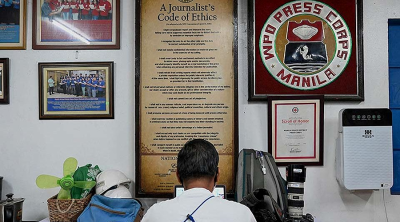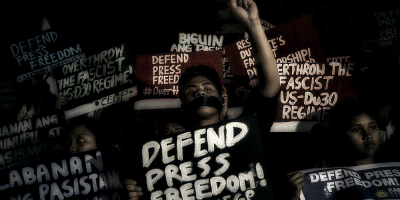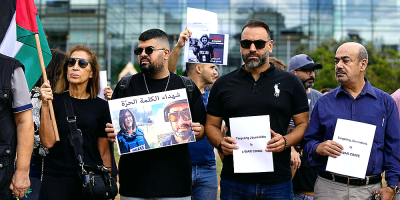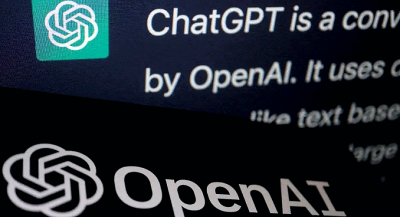The 3-day National Journalists’ Day (HAWANA) media forum jointly organized by the communications and digital ministry and Bernama is being held from May 27.
The event has managed to drawn the attention of the Malaysian public to the operation of the country’s media ecosystem, including a proposal to set up the Malaysian Media Council.
The MMC has been proposed for many years, and with the support of the unity government, there is strong likelihood that the council will eventually become a reality.
At this moment various related works have been actively under way. Communications and digital minister Ahmad Fahmi Mohamed Fadzil says the MMC Bill drafted by the government is expected to be tabled in parliament latest by next March.
There were calls for the establishment of the media council as early as during Tun Razak’s time. Unfortunately the proposal has remained unimplemented until this day.
In 2018, when Pakatan Harapan came to power, we saw some hope that this proposal would eventually get the go-ahead. In 2019, the cabinet resolved to set up the media council, but unfortunately the infamous Sheraton Move the following years saw the plan once again overrun by political turmoil.
After the 2022 general elections, the unity government took over the federal administration and Fahmi was appointed the communications and digital minister who has made the establishment of MMC one of the ministry’s key initiatives.
Thanks to the endorsement from the government and the minister, the establishment of MMC will no longer be a fantasy. However, there are certain points that still warrant our concern.
Media practitioners in this country have for years been strongly supportive of the establishment of the MMC, and one of the main reasons is that they want to free up the media from government intervention and control, so that they can have expanded space and freedom to operate independently and professionally.
In other words, compared to government control and intervention, the media industry is more inclined to have journalistic issues handled in a more professional manner by the industry itself, letting “self-discipline” take the place of “heteronomy.”
Indeed the government’s support for MMC is a very encouraging gesture, showing that the authorities recognize the need for the media industry to have more room to operate.
The focus of the MMC is on “self-discipline” instead of government control. As such, the role of government agencies in MMC has become a point of concern.
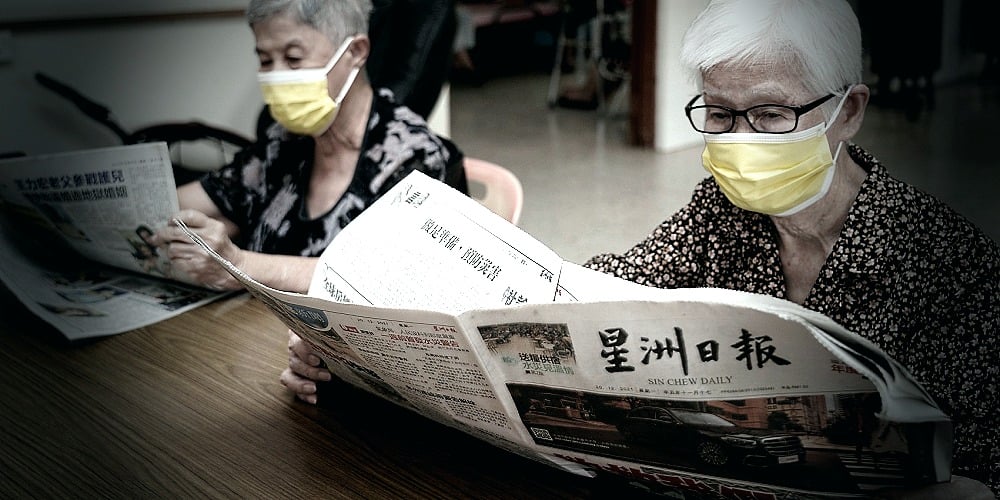
Simply put, the MMC cannot be excessively influenced nor dominated by the government.
From what is understood, the MMC will comprise members from wide-ranging stakeholders, including media practitioners, academics, as well as representatives from NGOs and government agencies. We believe such a diverse organizational structure should ensure the council’s relative independence.
Setting up the MMC will mark a major milestone in the country’s press history, as it will not only expand the room for press freedom to grow by limiting government intervention, it also helps lift the media industry’s occupational moral and check the inundation of fake news.
As such, media practitioners have this obligation to exercise self-discipline and self-supervision to block the entry of any misinformation into public realm.
Meanwhile, the MMC will also pool the efforts from within the industry to shoulder the responsibility of playing the role of “fourth estate” for effective supervision of executive power.
To ensure the proper functioning of the MMC to uplift the media industry, it is imperative that the government abolish some of the highly controversial laws governing media practice.
As we all know, press freedom in this country has come under certain degree of government restriction all these years. Laws such as the Printing Presses and Publications Act 1984 are like the Sword of Damocles hanging over the heads of media practitioners, effectively restraining their free operation.
If the government fails to repeal this law and continues to use it to curb the independent operation of the media, this will subject the media industry to even more restrictive “double control” with an additional tier of subjugation now compared to the past. This will defeat the purpose of media deregulation and further jeopardize press freedom.
The Malaysian press is currently encountering a great deal of challenges, and the establishment of the MMC is poised to offer a rare opportunity to take the press a big stride forward, provided that restrictive laws are voided so that the media can have expanded room to operate and improve.
During the opening of the HAWANA, Prime Minister Datuk Seri Anwar Ibrahim said media practitioners must be allowed to fearlessly criticize the government. Kudos to the prime minister for endorsing press criticism.
Meanwhile, minister Fahmi said Malaysia not only needs neutral and impartial media, but also media that are bold to voice up.
Indeed, we really need this kind of media. If the government continues to hang the Sword of Damocles over the heads of media practitioners, it will be unfavorable to the execution of their journalistic duties.
The media needs adequate room for news-making in order to effectively supervise the government .
It is our sincere hope that the minister will realize this.
ADVERTISEMENT
ADVERTISEMENT






